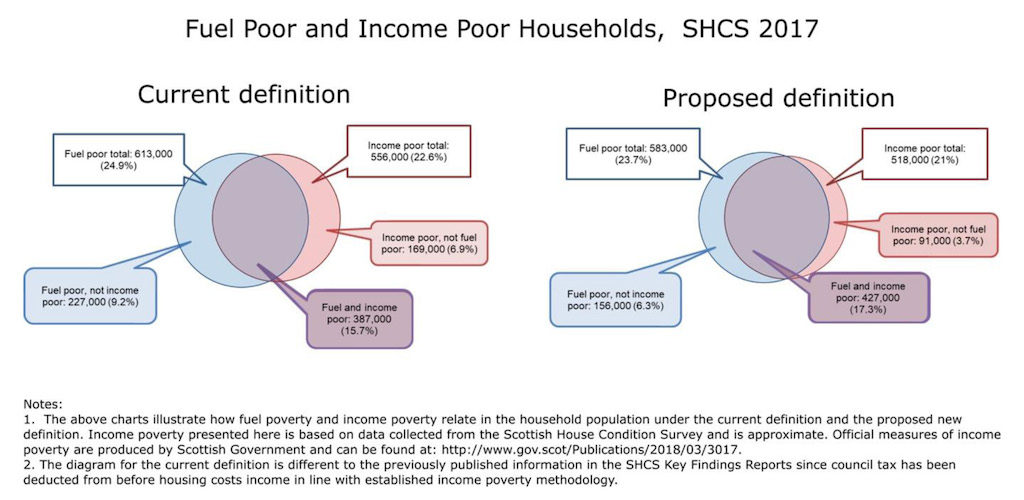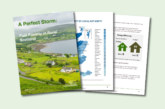Commenting on the latest estimates of fuel poverty and extreme fuel poverty under the Scottish Government’s proposed new definitions, the Scottish Federation of Housing Associations (SFHA) said that the increases are “deeply worrying”. The federation added it is vital that housing associations receive government funding in order to reduce fuel poverty.
The figures show that under the new definition, there is a significant increase in the overall level of extreme fuel poverty from 7% to 11.9%. In rural areas, the level of fuel poverty remains high as around two thirds of those households that are still in fuel poverty after the income threshold has been applied, are experiencing extreme fuel poverty.
The Scottish Government’s new definition has resulted in higher fuel poverty rates than the existing definition for households in the social and private rented sectors. This was also true for extreme fuel poverty, with the level of social rented homes seeing an increase from 6% to 16% under the new definition.
The poorest households with incomes of less than £200 a week will now see the level of fuel poverty rise to 93% (from 88%) and a significantly higher level of extreme fuel poverty at 67% (from 39%).

Sally Thomas, SFHA Chief executive, said: “Fuel poverty levels are already a huge concern for our members and to see increases under the new definitions is deeply worrying.
“Social landlords have been working hard to increase the energy efficiency of their properties, with the Scottish Government’s proposals for the new Energy Efficiency Standard for Social Housing 2 seeing an uplift from EPC C to B being required.
However, Scottish Government estimates are that the investment required by housing associations will be around £6,000 per home, with a saving to tenants of only £140 a year.
“It is vital that social landlords are eligible for grant assistance from the Scottish Government to further enable investment in energy efficiency which will reduce bills and lower carbon emissions. Otherwise, there will continue to be financial pressure on low-income tenants at a time when they are already under strain from low paid employment and the impact of changes to social security such as Universal Credit.”









